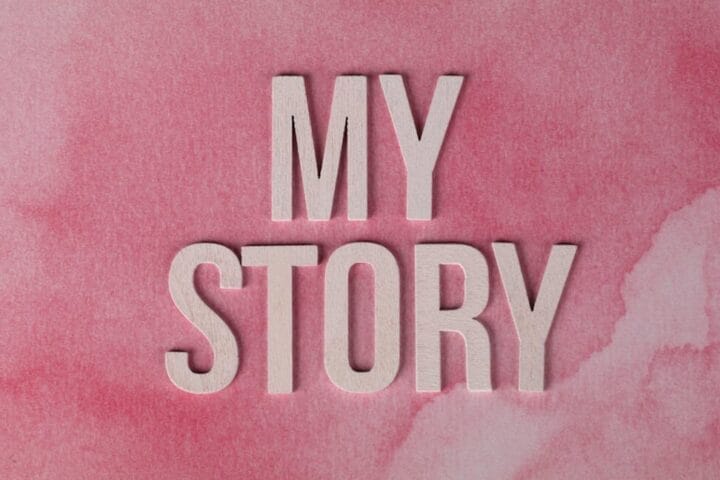Academic excellence depends on upholding principles of integrity, honesty, and originality. With information freely flowing between devices and fading intellectual property boundaries, universities and educational institutions face the pressing challenge of combatting plagiarism while upholding ethical standards in an academic environment. In this article, we delve deeper into this complex issue while outlining measures educational institutions can take to foster an academic integrity culture among their students.
Plagiarism Unveiled
At its core, plagiarism can be defined as the practice of misappropriating someone else’s work, ideas, or intellectual property without their authorization and without proper attribution or acknowledgment. Such practices undermine academia, which thrives on original thought and the exchange of ideas; plagiarism takes many forms, such as:
- Direct Copying: Replicating another person’s work word-for-word without credit or citation.
- Paraphrasing: Rewriting content while keeping its original concept.
- Patchwriting: Combining copied phrases and sentences with original material in an attempt to cover up plagiarism.
- Self-Plagiarism: Resubmitting work previously submitted without acknowledgment or permission without the author’s knowledge and approval; often known as recycling or double dipping
The Implications of Plagiarism
Plagiarism has serious repercussions for both individuals and the academic community as a whole; both are vulnerable.
- Academic Consequences: Students caught engaging in plagiarism may face penalties, including failing assignments, courses, or expulsion. Such outcomes could have long-term repercussions for their education and professional careers. Academic programs typically entail an overwhelming workload in the form of essays, research papers, and projects; to save time for more important things, students should become acquainted with available academic writing services that provide invaluable assistance with researching, writing, and editing tasks. The right choice is to contact studypool customer service to get all the help needed. And to be sure you will not face any unpleasant issues, including plagiarism, you can read this experience with studypool reviews.
- Loss of Credibility: Institutions that fail to effectively combat plagiarism run the risk of losing credibility and integrity within academia, with degrees and certificates earned at such institutions being seen with suspicion by employers and other academic institutions.
- Erosion of Trust: Plagiarism threatens the trust between students, educators, and academic communities; it undermines the collective pursuit of knowledge as well as the value of scholarly discourse.
Preventing Plagiarism: Our Shared Responsibilities
Combating plagiarism isn’t solely the responsibility of educational institutions; it requires collaboration from educators, students, and the academic community as a whole. Here are some strategies for combatting it:
Education and Awareness
Educational institutions should prioritize educating their students on plagiarism, its forms, and its consequences. Workshops, tutorials, and online resources provide them with the knowledge and tools they need to avoid it.
Clear Academic Policies
Institutions should create and enforce clear academic policies that define plagiarism, outline consequences for its occurrence, and outline procedures to deal with cases of academic misconduct. Such policies must also be easily accessible to all students.
Efficient Use of Technology in Education
Technology has transformed education in numerous ways. It revolutionized traditional teaching methods while broadening the horizons of learning for educators and students alike. The Importance of technology in education cannot be overstated, as educators can use it to open up new frontiers of knowledge for all involved parties involved. Technology enhances education in numerous ways – revolutionizing traditional methods while broadening the horizons of understanding.
Encouraging Critical Thinking
Create an environment conducive to independent research. Encourage students to investigate their own ideas and perspectives while participating in meaningful dialogue among themselves.
Assistance and Mentorship
Educators can offer support and mentorship to their students during their research and writing process, helping to guide them in researching topics thoroughly before undertaking writing tasks themselves. Establishing open channels of communication may prevent desperate or lackluster students from resorting to plagiarism out of desperation.
Understand Diverse Learning Styles
Recognize that students have unique learning styles and needs, offering alternative assessments that focus on understanding rather than memorization of information.
Student Accountability
Whilst institutions play an essential part in combatting plagiarism, students too bear a responsibility to uphold ethical standards in their academic work and maintain ethical standards when writing coursework. Below are steps students can take to uphold academic integrity:
Time Management
Time management is key to successfully completing assignments and research papers without succumbing to plagiarism. Start assignments early so as to avoid last-minute stress.
Proper Citation
Students using external sources must cite them properly when directly quoting or paraphrasing from them, whether in direct quotes or paraphrased form. Familiarity with various citation styles like APA, MLA, or Chicago is crucial.
Seek Guidance
Students unsure how to properly attribute sources or have concerns about academic integrity should seek assistance from professors, librarians, or writing centers for guidance.
Innovation and Cooperation
Get involved and embrace opportunities to think critically, share original thoughts, and participate in collaborative discussions among peers – collaboration can enrich learning without resorting to plagiarism!
Reflection
Regularly reflect upon one’s ethical approach to academics. Recognize that academic integrity isn’t simply about rules; rather, it involves personal growth and intellectual honesty as core tenets of academic life.
Conclusion
Combatting plagiarism and upholding ethics in an academic environment is a shared responsibility that requires dedication from educational institutions, educators, students, and the scholarly community at large. Fostering an environment of academic integrity not only protects its value but also prepares students for ethical decision-making and scholarship in their daily lives. Knowledge is precious; upholding academic integrity ensures the pursuit of truth and innovation remains uninterrupted.









